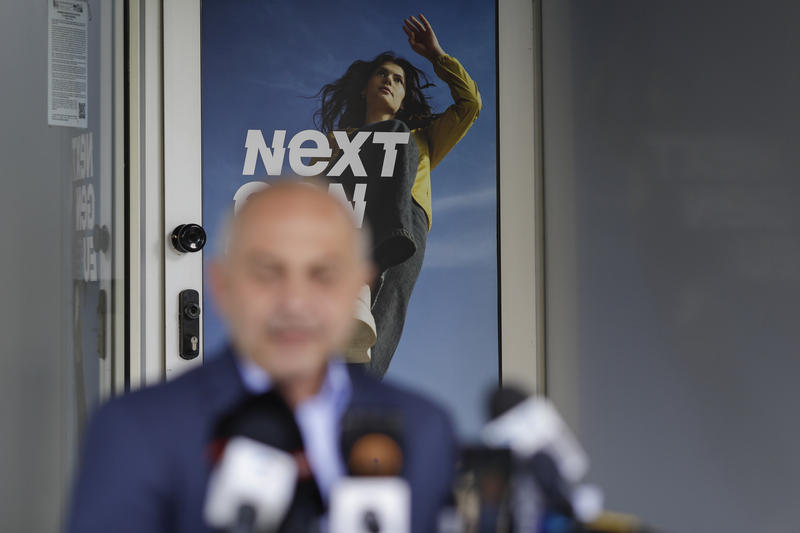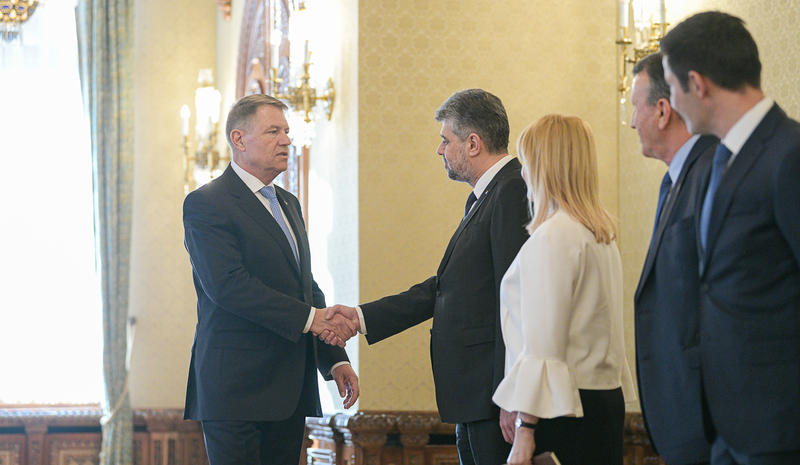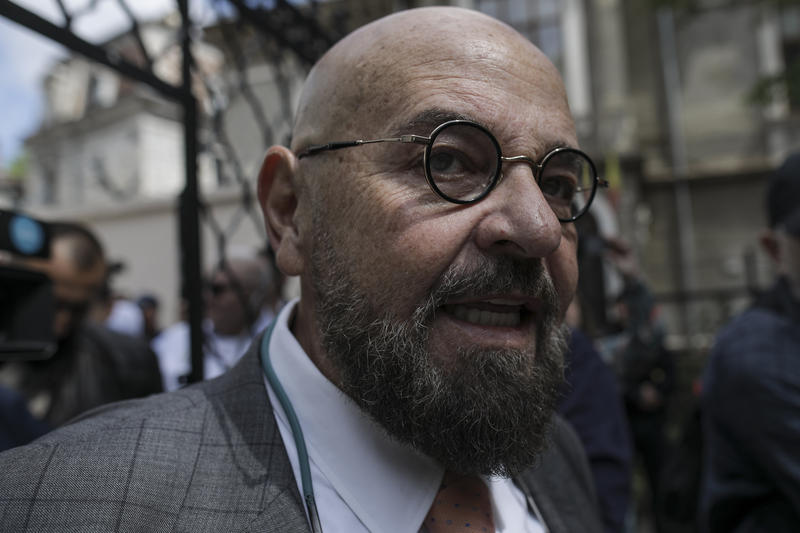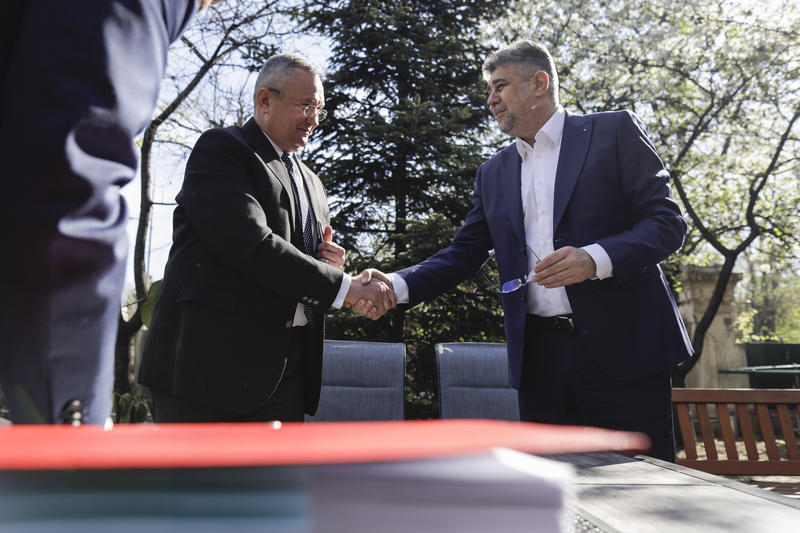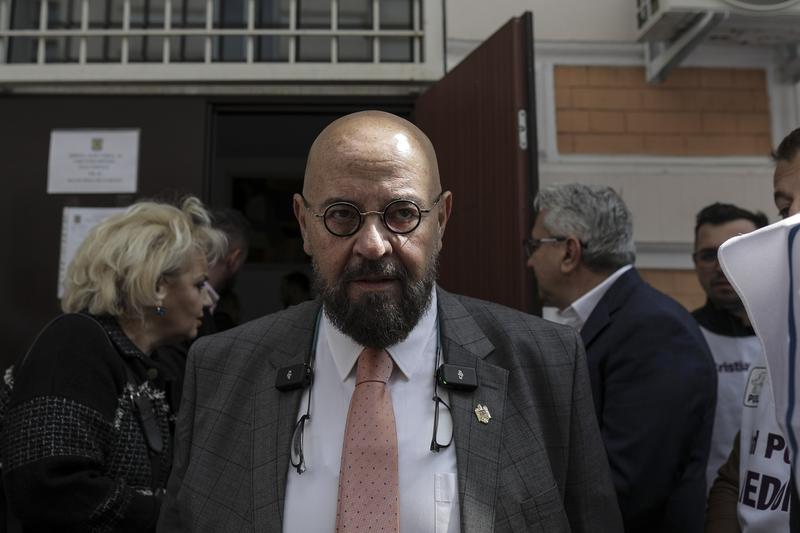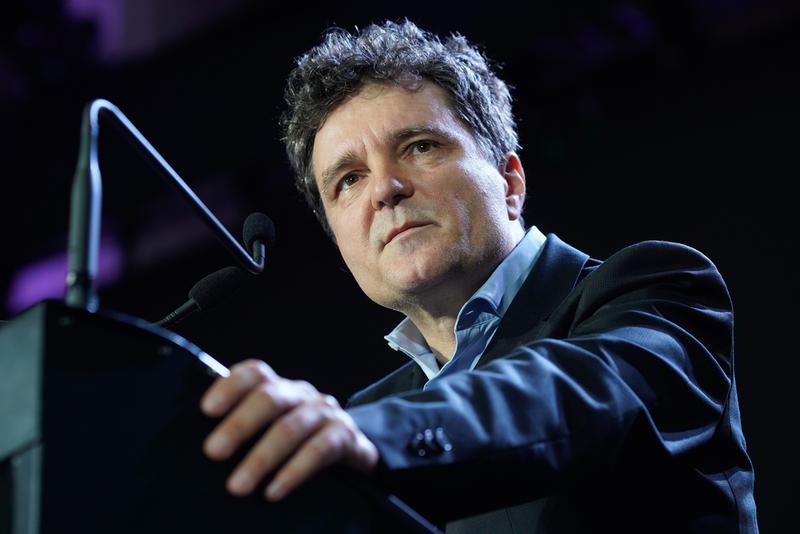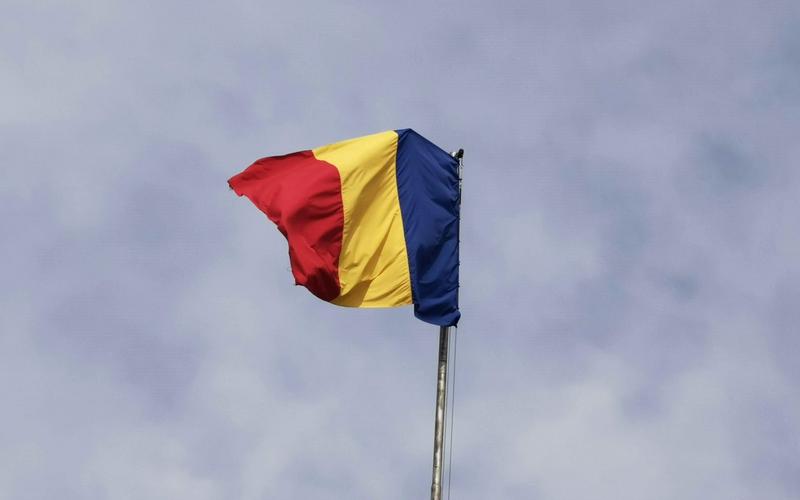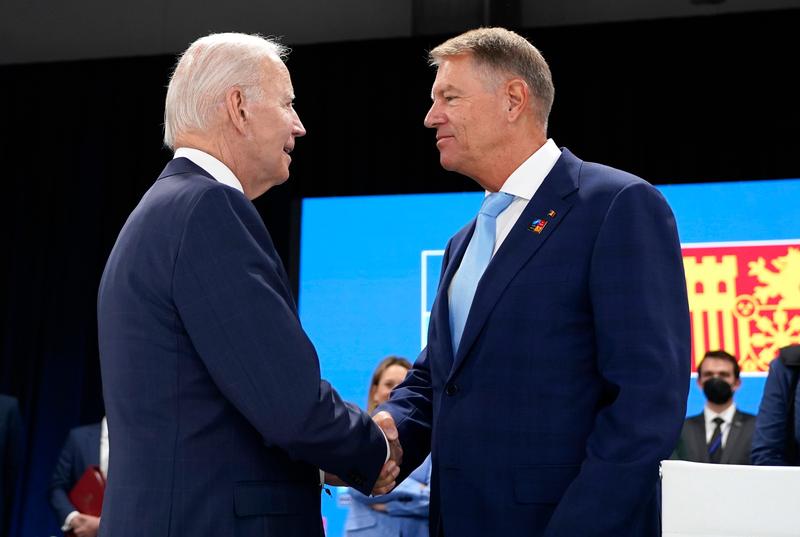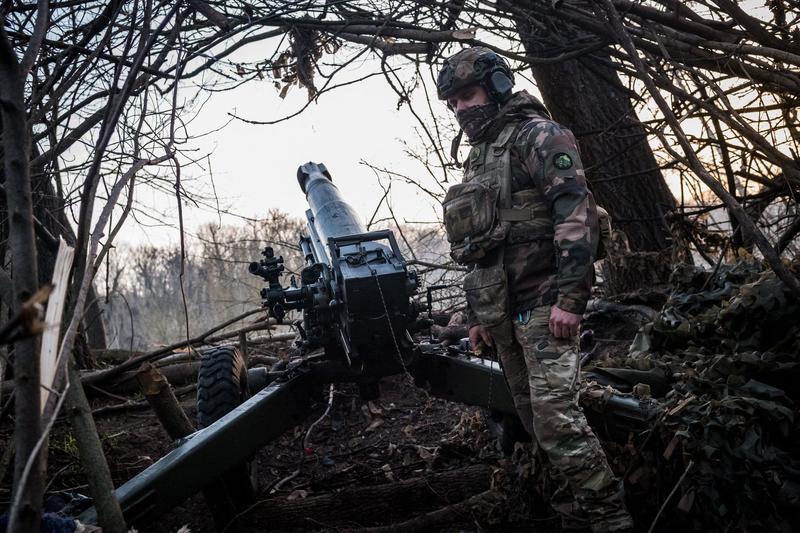The US has sent three signals for the past two days to Romania's PSD-ALDE governing coalition, warning it cannot rule against its own people. Their answer?
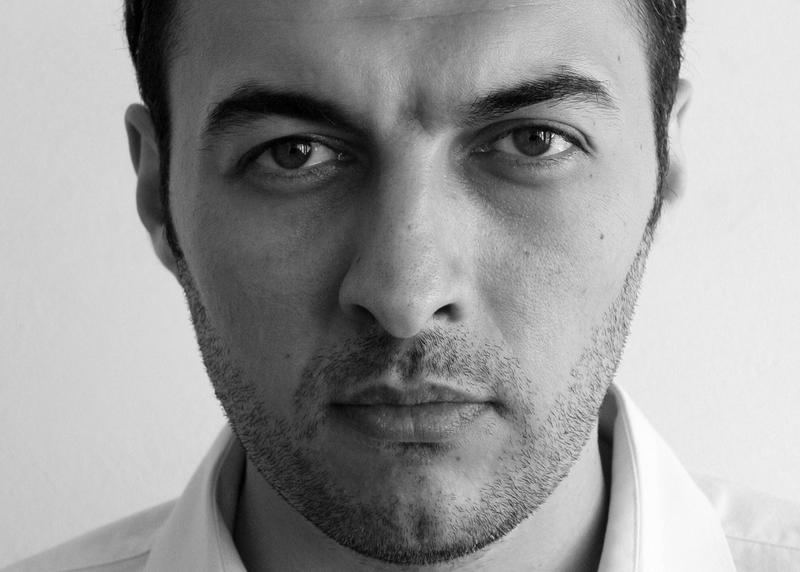
Their foot pressed on the throttle to the bottom for the rapid passage of the laws of Justice, plus misinformation and an attempt to stop the protests.
However, the Trump Administration's position on Romania's Justice issues produces effects in the backstage of PSD, where the struggle for succession has already begun.
Why did the Trump administration react? The most likely answer is the urgency of the moment: any realistic analysis shows that once the PSD-ALDE ballot has been launched in Parliament against Justice, there are not many ways to stop it. Except for a decision of the same coalition, to realize that its actions will have consequences.
The episode of a delayed Parliament move on the acquisition of Patriot military assets was key to triggering the American reaction. The blackmail attempted by Liviu Dragnea on the issue, in a parliamentary commission, was received as the final test of the lack of adherence of the PSD president to any value, principle and idea of partnership. It was a bad tactical error on Dragnea. His political behavior was at the level of an inexperienced tribal chief in the Amazon jungle. Since then, the US has made the complicated decision to exclude him from the the ranks of dialogue partners. Cutting the decks also has the opposite effect: without any hope of negotiation, not having nothing to lose, the PSD president now puts everything in the attack on Justice.
Was the US statement an attack on Romania's sovereignty, as Liviu Dragnea's loyal allies are saying (fewer however, it is obvious with the naked eye that in his Pretorian Guard remained only Lia Olguta Vasilescu, Claudiu Manda, Liviu Plesoianu, Serban Nicolae , Codrin Stefanescu and Florin Iordache)? No. It was an urge to moderation and an expression of legitimate concern. Both, coming from the strategic partner who invested politically and financially in ensuring Romania's security, at the request of Romania. In essence, it was exactly what the European Commission's MCV report said. We had two identical positions in the same month from the two pillars that anchor Romania in the liberal democracies.
The PSD-ALDE coalition's responses followed on several lines of attack.
The first response was to speed up the process of adopting projects that affect Justice, the rule of law, and the balance of power in the state. On Tuesday, the parliamentarians of the Power and those of the ethnic Hungarians party UDMR wanted to quickly finish the work in the Iordache Commission on the draft amendment to the law on the status of magistrates and to send it to the Chamber. It would have been a show of force. Eventually, commission work stopped and the draft was not sent to plenary.
But all the signals from the PSD and the ALDE show that, regardless of the frictions between Liviu Dragnea and various social-democratic leaders, the common interest prevails: the laws of slaughtering Justice must pass. This is the clear answer to US warnings. All the information from sources inside PSD shows that one thing can stop the legislative process: the pressure of the street. It's the only thing they're afraid of.
Moreover, the local barons of the PSD have decided to scrape Liviu Dragnea from the party leadership and the House of Deputies if he will somehow find a solution to resolve his own files and leaves them without the laws they want so badly.
Neither the barons - members of the PSD who hold massive influence at local level across the country - nor Tariceanu, the leader of coalition party ALDE, believe in Liviu Dragnea's promise to solve all the problems. In fact, there’s alot to learn from a joke that circulates virally this days among PSD lawmakers. In essence, the joke says Pinocchio comes nervous from a lie contest, which he lost , asking, "Who the hell is that Dragnea guy?".
I therefore expect the legislative process to continue in Parliament. For Liviu Dragnea the US reaction was a cold shower. He understood that the transactional approach to the Trump administration was an error. President Trump proves to be different from presidential candidate Trump. The Trump administration bases its allied decisions on respecting democratic values, not (only) on the value of commercial contracts. The State Department, in the person of Wess Mitchell (who occupies the function previously held by Victoria Nuland), is an excellent connoisseur of Romania, of domestic political mechanisms and of regional influences on local politicians.
And Liviu Dragnea and his allies in the shadow also understood that the lobbies used were painfully ineffective for the money invested.
The PSD and ALDE will attempt to roll over in force over the civil society, magistrates and warnings from the EU and the US. They are supported by a network of corruption, former officers with strong ties with Russia, some unrepresentative organizations of magistrates and media allies.
The second response was propaganda. The PSD and ALDE communication vectors have launched several lines of attack: the US violates Romania's sovereignty, the anti-American sentiment is on the rise, the PSD-ALDE coalition has the support of the civil society and the magistrates body. All three are fake-news. But all three are dangerous for the inner balance of a young democracy. In fact, radicalization is becoming increasingly acute at the bottom of the party. Many mayors and local PSD leaders believe in fake messages from the center. Happy for receiving cheap money from Dragnea, they are convinced that there is a global conspiracy against the PSD and are ready to come up against a counter-demonstration. I hope, however, that rationality prevails, it would be a catastrophe.
The third answer was the de facto ban on rallies in Bucharest in December. It is extremely important because it represents the recognition of the fear of men. The city hall headed by PSD member Gabriela Firea organizes Christmas fairs in all three symbolic squares of the Capital city, which makes it illegal to hold rallies there. The last fair in Victory Square dedicated to children was organized overnight. Town Hall uses children to justify this abuse of trust. I remember that the Minister of Finance, Ionut Misa, appealed to his children (plus a repressed tear) as the supreme argument for supporting the amendment of the Fiscal Code. Using children as an explanation for abusive decisions is a new stage in the internal political struggle.
In parallel with the fight against Justice, the PSD is increasingly shaping the lines of struggle of the internal war. The executive president, Niculae Badalau (Giurgiu), makes no secret from the opposition to Liviu Dragnea.
At internal events he attacks him directly, in public he laughs over the phrase "the parallel state". Paul Stanescu, Development Minister, is internally campaining through counties to win the sympathy of local leaders. He tells everyone he has the decision about the funds in PNDL 3 (the cheap money from the state budget for local projects), but also the Agriculture funds managed by Minister Daea that he controls. Prime Minister Mihai Tudose expects the result of the intestinal struggle, refusing to publicly go out in support of Liviu Dragnea. Tudose still has not enough force in the party to attack. Liviu Dragnea perfectly understands the situation and prepares Lia Olguta Vasilescu as a dolphin in the event of a decisive attack. Why Vasilescu? Because the experience of the electoral campaign file turned her into a convinced advocate of the fight against Justice.
But do not hope for miracles in the PSD. The attack on Liviu Dragnea will not come before resolving the Justice system. Or it will come if Liviu Dragnea will hesitate or he will not be effective. Until then, the PSD and the ALDE pull each day Romania closer to illiberal democracies as in Hungary, Poland and Turkey.
